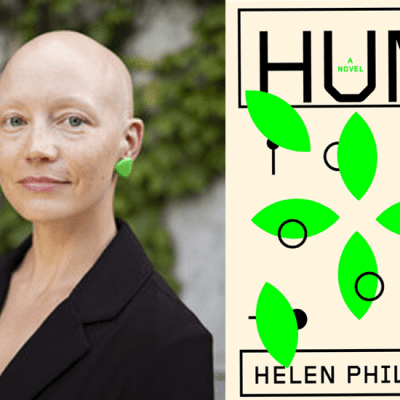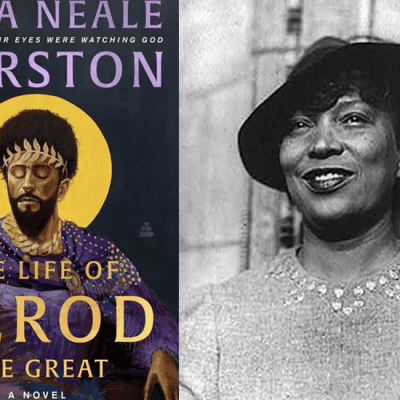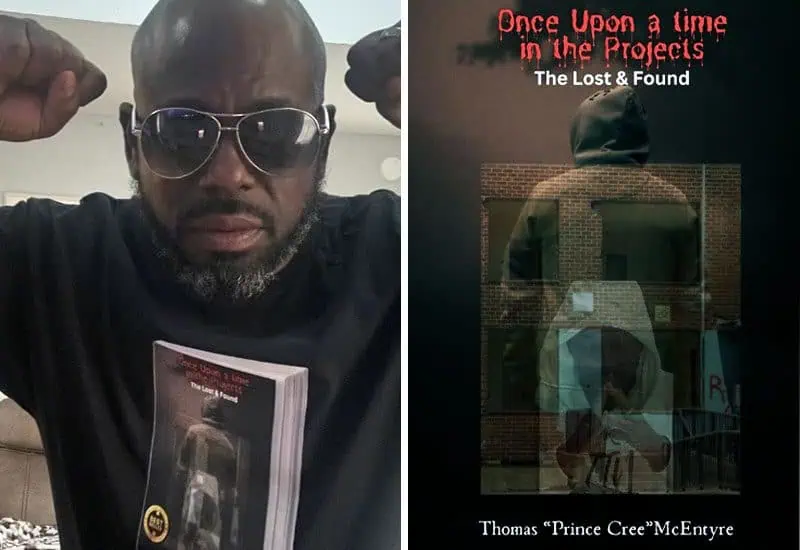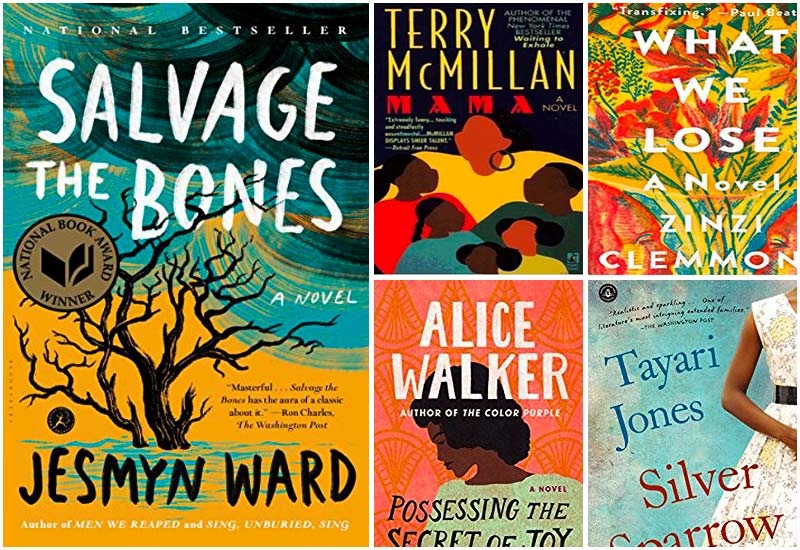
I’ve been on a personal quest to discover more stories about complicated and unapologetic black female protagonists. As more black writers are entering the spotlight in both literature and film, we’re witnessing a promising shift where the days of inaccurate or lazy representation of black women are almost behind us.
Written by women of color, these nine dynamic novels are narrated through the voices of splendidly unique women. In them, you’ll discover beautifully convoluted characters that are neither watered down nor reliant upon stereotypical behavior, coming alive in worlds that are equally as complex.
What We Lose by Zinzi Clemmons

“Raised in Pennsylvania, Thandi views the world of her mother’s childhood in Johannesburg as both impossibly distant and ever present. She is an outsider wherever she goes, caught between being black and white, American and not. She tries to connect these dislocated pieces of her life, and as her mother succumbs to cancer, Thandi searches for an anchor—someone, or something, to love.
In arresting and unsettling prose, we watch Thandi’s life unfold, from losing her mother and learning to live without the person who has most profoundly shaped her existence, to her own encounters with romance and unexpected motherhood. Through exquisite and emotional vignettes, Clemmons creates a stunning portrayal of what it means to choose to live, after loss. An elegiac distillation, at once intellectual and visceral, of a young woman’s understanding of absence and identity that spans continents and decades, What We Lose heralds the arrival of a virtuosic new voice in fiction.”
Americanah by Chimimanda Ngozi Adiche
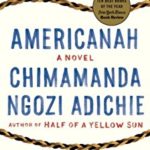
“As teenagers in Lagos, Ifemelu and Obinze fall in love. Their Nigeria is under military dictatorship, and people are fleeing the country if they can. The self-assured Ifemelu departs for America. There she suffers defeats and triumphs, finds and loses relationships, all the while feeling the weight of something she never thought of back home: race. Obinze had hoped to join her, but post-9/11 America will not let him in, and he plunges into a dangerous, undocumented life in London.
Thirteen years later, Obinze is a wealthy man in a newly democratic Nigeria, while Ifemelu has achieved success as a blogger. But after so long apart and so many changes, will they find the courage to meet again, face to face?
Fearless, gripping, spanning three continents and numerous lives, Americanah is a richly told story of love and expectation set in today’s globalized world.”
Sula by Toni Morrison
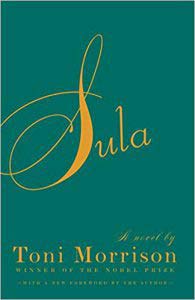
“This rich and moving novel traces the lives of two black heroines from their close-knit childhood in a small Ohio town, through their sharply divergent paths of womanhood, to their ultimate confrontation and reconciliation.
Nel Wright has chosen to stay in the place where she was born, to marry, raise a family, and become a pillar of the black community. Sula Peace has rejected the life Nel has embraced, escaping to college, and submerging herself in city life. When she returns to her roots, it is as a rebel and a wanton seductress. Eventually, both women must face the consequences of their choices. Together, they create an unforgettable portrait of what it means and costs to be a black woman in America.”
Swing Time by Zadie Smith
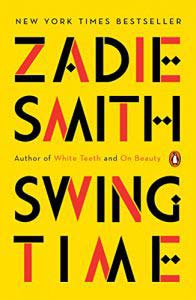
“Two brown girls dream of being dancers–but only one, Tracey, has talent. The other has ideas: about rhythm and time, about black bodies and black music, about what constitutes a tribe, or makes a person truly free. It’s a close but complicated childhood friendship that ends abruptly in their early twenties, never to be revisited, but never quite forgotten, either.
Dazzlingly energetic and deeply human, Swing Time is a story about friendship and music and stubborn roots, about how we are shaped by these things and how we can survive them. Moving from northwest London to West Africa, it is an exuberant dance to the music of time.”
Their Eyes Were Watching God by Zora Neale Hurston

“One of the most important and enduring books of the twentieth century, Their Eyes Were Watching God brings to life a Southern love story with the wit and pathos found only in the writing of Zora Neale Hurston. Out of print for almost thirty years—due largely to initial audiences’ rejection of its strong black female protagonist—Hurston’s classic has since its 1978 reissue become perhaps the most widely read and highly acclaimed novel in the canon of African-American literature.”
Mama by Terry McMillan

“Meet Mildred Peacock, mother of five, black, and fed up with poverty and the jealous rampages of her husband, Crook. When Crook runs over her foot with his ’59 Mercury, she finally kicks him out to raise her kids on her own.
Mildred is resourceful and sly, sassy and sexy, and she’ll do anything to pay the bills. But she loses job after job, and one man after another, until alcohol and nerve pills are her only comfort. All along though, there are always her kids, the most important things in her life.
From the Midwest to the West Coast to New York, Mama moves with high-spirited realism through the 1960s and 1970s and the promises and disappointments that era meant for all black people.”
Salvage the Bones by Jesmyn Ward

“A hurricane is building over the Gulf of Mexico, threatening the coastal town of Bois Sauvage, Mississippi, and Esch’s father is growing concerned. A hard drinker, largely absent, he doesn’t show concern for much else. Esch and her three brothers are stocking food, but there isn’t much to save. Lately, Esch can’t keep down what food she gets; she’s fourteen and pregnant.
Her brother Skeetah is sneaking scraps for his prized pitbull’s new litter, dying one by one in the dirt. While brothers Randall and Junior try to stake their claim in a family long on child’s play and short on parenting. As the twelve days that comprise the novel’s framework yield to the final day and Hurricane Katrina, the unforgettable family at the novel’s heart–motherless children sacrificing for each other as they can, protecting and nurturing where love is scarce–pulls itself up to struggle for another day. A wrenching look at the lonesome, brutal, and restrictive realities of rural poverty, “Salvage the Bone” is muscled with poetry, revelatory, and real.”
Possessing the Secret of Joy by Alice Walker

“Possessing the Secret of Joy is the story of Tashi, a tribal African woman who lives much of her adult life in North America. As a young woman, a misguided loyalty to the customs of her people led her to voluntarily submit to the tsunga’s knife and be genitally mutilated. Severely traumatized by this experience, she spends the rest of her life battling madness, trying desperately through psychotherapy – she is treated by disciples of both Freud and C.G. Jung, and even by Jung himself – to regain the ability to recognize her own reality and to feel.
It is only with the help of the most unlikely ally she can imagine that she begins to study the mythological “reasons” invented by her ancient ancestors for what was done to her and to millions of other women and girls over thousands of years. As her understanding grows, so does her capacity to encounter her overwhelming grief. Underneath this grief is her glowing anger. Anger propels her to act. Action brings both feeling – life, the ability to exist with awareness in the moment – and death, of which she finds she has completely lost her fear.”
Silver Sparrow by Tayari Jones

“Set in a middle-class neighborhood in Atlanta in the 1980s, the novel revolves around James Witherspoon’s two families–the public one and the secret one. When the daughters from each family meet and form a friendship, only one of them knows they are sisters. It is a relationship destined to explode when secrets are revealed and illusions shattered. As Jones explores the backstories of her rich yet flawed characters ”the father, the two mothers, the grandmother, and the uncle ”she also reveals the joy, as well as the destruction, they brought to one another’s lives.
At the heart of it all are the two lives at stake, and like the best writers, think Toni Morrison with The Bluest Eye, Jones portrays the fragility of these young girls with raw authenticity as they seek love, demand attention, and try to imagine themselves as women, just not as their mothers.”





